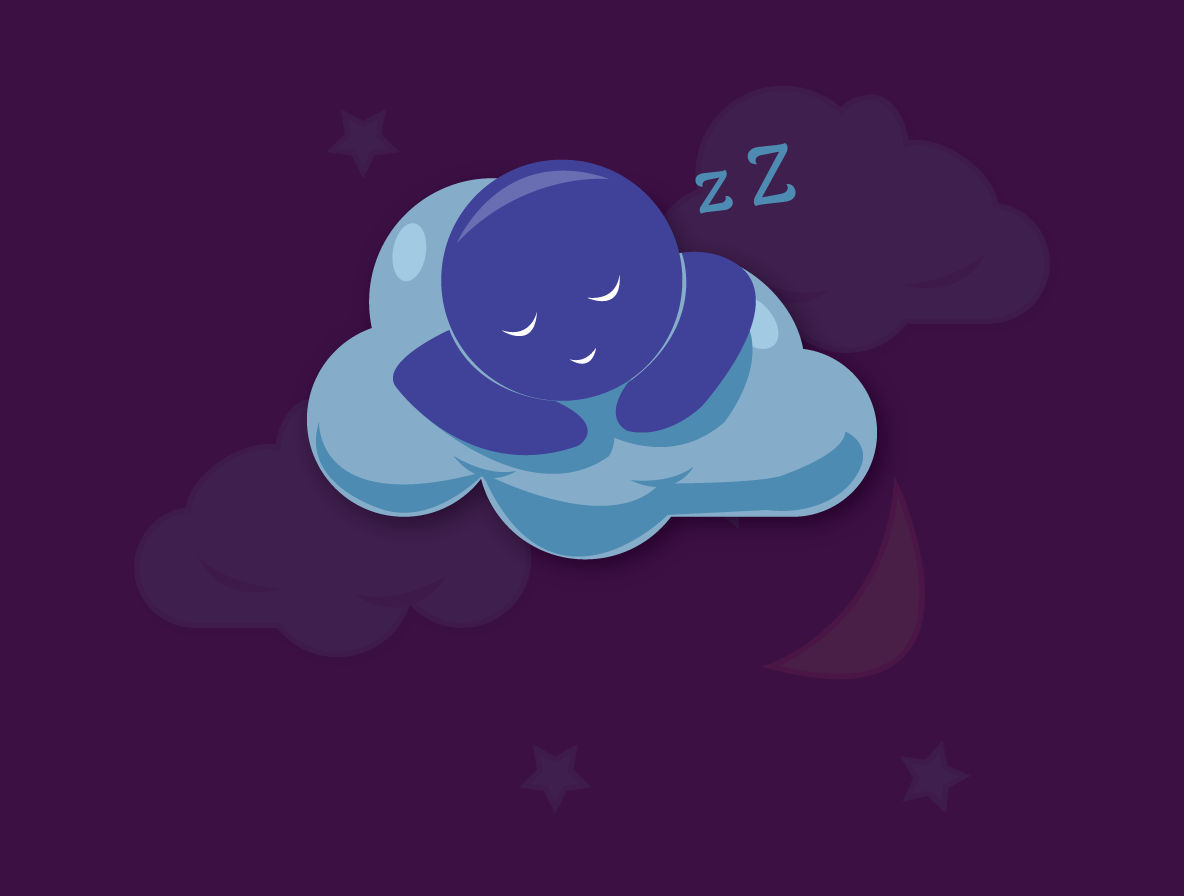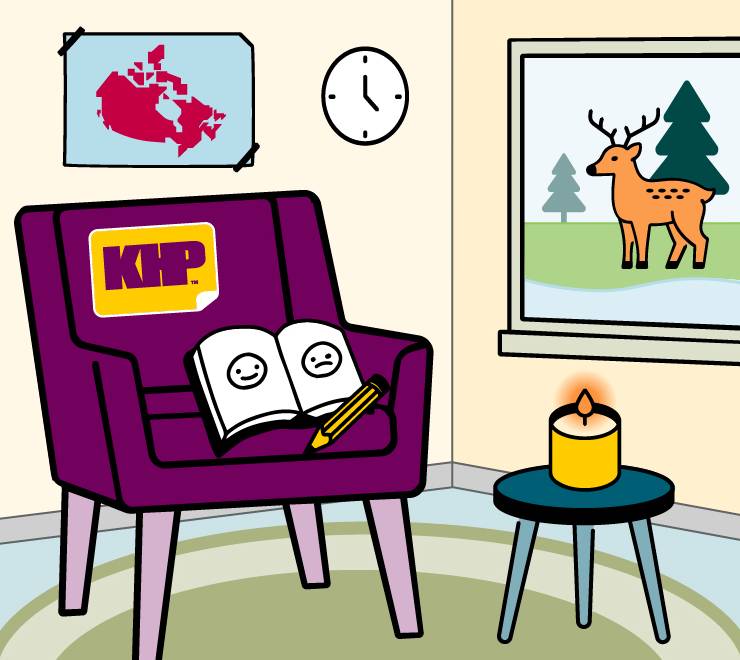Are you worried a friend may be experiencing depression? If you’re concerned about your friend’s mental health, there are things you can do and/or say to support them while taking care of your own well-being. Here are some ideas and things to consider.
Is my friend experiencing depression?
You’re not alone
Depression is a common mental disorder. It can cause people to experience low mood for an extended period of time — it’s more than just the daily ups and downs everyone has. Signs your friend may be experiencing depression include:
- being sad or down most days
- crying a lot (or more often than they usually do)
- being irritable or angry
- avoiding activities they used to enjoy
- withdrawing from friends and family
- using substances to cope with their feelings
- other signs and symptoms
It can be difficult to tell exactly what someone may be going through. While you may be concerned about your friend, it’s important to remember the signs of depression may vary from person to person. Keep in mind that depression also has different types, and can only be diagnosed by a psychologist, psychiatrist or doctor.
What can I do to support my friend?
It’s OK to open up a conversation about depression — and more generally, mental health and well-being — with your friend. By starting the discussion, you may be easing any pressure from your friend if they’re afraid to bring it up. Here are some ways you can approach your friend and offer support:
1. Just be there
Reach out and check in with your friend about how they’re feeling. Just being there can show them how much you care. Remind them they’re not on their own. Let them know there is hope and help is available if they need it.
You can say:
- “You seem really down lately. Do you want to talk about it?”
- “You’ve been crying a lot recently, and I’m worried about you. How are you feeling?”
- “I noticed you quit playing hockey. Is everything OK?”
- “I care about you. What’s been going on lately?”
2. Listen carefully
Listen to what your friend is willing to share with you. You can try repeating in your own words what they tell you to confirm your understanding. Depending on what they tell you, saying things like this may help them feel heard and understood in the moment:
- “That must be really hard.”
- “I’m so sorry you’re hurting.”
- “I’m here for you.”
3. Research depression
You can look up depression to see if there are helpful facts to know and share with your friend. For example, experiencing depression doesn’t mean you’re lazy or weak. It’s as real and as serious as a physical condition. Taking care of your mental and emotional health is just as important as taking care of your body. Depression is also treatable with things like medication and/or counselling/therapy. You can check out the following resources for credible information:
4. Share resources
You can let your friend know there are ways to get information and support with whatever they’re going through, if and/or when they’re ready. Here are a few ideas:
- You can visit Kids Help Phone’s website to read articles, discover other young people’s stories and try tools related to depression and sadness that may help you and your friend cope with the situation.
- You can point your friend to Resources Around Me to search for virtual and in-person services near your community that may help.
- You can also explore Kids Help Phone Insights together, which highlights what young people across Canada are reaching out about. Seeing what other youth are sharing could help your friend feel less alone (if that’s something they’re dealing with).
5. Connect to support
If your friend would like to reach out for help, you can give them Kids Help Phone’s contact information as a starting point. You can offer to contact us with them, or let them connect on their own when they’re ready. Our counsellors and crisis responders are available 24/7 and can help your friend sort through their feelings. Your friend could also tell a teacher, psychologist, doctor or other safe adult if they’d like and are able to.
6. Be aware of the signs of suicide
If your friend is talking about dying or experiencing thoughts of suicide, self-injury or death, it’s essential to talk to the person and get help from a safe adult right away. You can also read these tips for intervening during a crisis for more information.
7. Take care of yourself
Your mental health and well-being are important, too. If you’re really worried about your friend, or just need someone to talk to, you can also contact Kids Help Phone or someone else you trust for support. No matter what your friend is going through, you’re being a good friend by checking in on their well-being. But remember, you’re not responsible for anyone else’s actions, or for making sure your friend gets support. Only they can decide if/when they’re ready to take that step.
Where can I find related information?
You can find some of Kids Help Phone’s trustworthy info, self-guided activities and more that are related to depression and sadness below.
While they aren’t treatments, these tips and tools may be helpful to you and/or your friend as you work through your feelings.

8 feel good tips to boost your mood in 2026

Breathing Balloon

How to calm down when you’re stressed

What is mindfulness, and how can I practise it?

Questionnaire: Reflecting on feelings of sadness

Work it out: Exercise and fitness tips

Sleep Diary

Kids Help Phone’s nutrition tips to fuel your body

Kids Help Phone’s 2026 self-care checklist

Seasonal affective disorder: What it is & how to cope
Helping a friend who may be experiencing depression can be tough for both of you, so focus on being kind to them and yourself. You can be proud of yourself for supporting your friend with whatever they may be going through.












